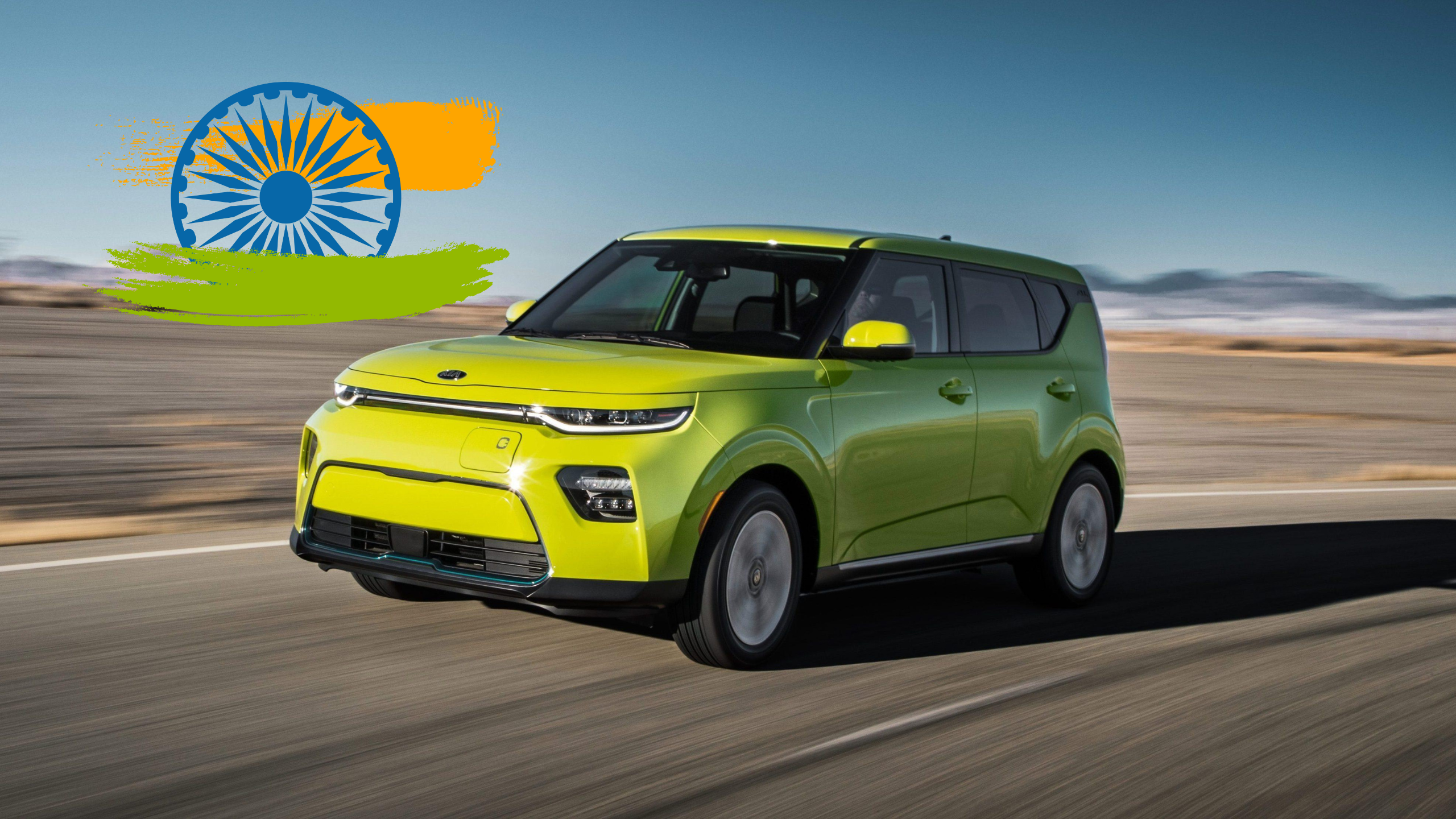5 Advantages vs Disadvantages Of Buying Electric Vehicles In India
The Indian government is advocating the use of electric cars and scooters in a bid to reduce the country's dependency on fossil fuel and fight air pollution and climate change in a longer term. But given the limited availability of proper public charging infrastructure, is this really a good time to buy an EV or wait for some more years? We explore this topic in detail below.

Updated Jun 2, 2023 | 10:32 AM IST

Pros and Cons of buying electric cars in India (Representational Image)
The EV space is lunging forward at a considerable pace in the country as OEMs are polishing this technology which is seen as an answer to our growing fossil fuel consumption. Many carmakers in India are joining (or have already joined) the EV race including big names such as Hyundai, Kia, Tata Motors and Mahindra. On the other hand, Toyota and Honda are equipping their line-ups with strong hybrid cars.
While some consider EVs as the future, others have a completely polarizing opinion about these battery-powered vehicles. Below we have listed some of the pros and cons of buying and using an electric vehicle on a daily basis.
Advantages of buying an EV in India:
Environmentally Friendly:
Electric vehicles (EVs) produce zero tailpipe emissions, making them a cleaner transportation option. By choosing EVs, individuals can contribute to reducing air pollution and combating climate change.
Lower Operating Costs:
Compared to traditional Internal Combustion Engine (ICE) vehicles, EVs have lower operating costs. Charging an EV is generally cheaper than refueling a conventional car with fuel (petrol/diesel), and EVs require less maintenance due to fewer moving parts.Government Incentives:
The Indian government provides various incentives and subsidies to promote the adoption of electric vehicles. These incentives include reduced GST rates, income tax benefits, and financial incentives for purchasing EVs, making them more affordable for consumers.Reduced Dependency on Fossil Fuels :
India heavily relies on imported fossil fuels, making the country vulnerable to fluctuations in oil prices. By shifting to EVs, individuals can reduce their dependency on fossil fuels and promote the use of renewable energy sources for charging, thereby enhancing energy security.
Technological Advancements:
The electric vehicle market is rapidly evolving, with continuous advancements in battery technology, charging infrastructure, and range capabilities. Opting for an electric vehicle allows consumers to experience the latest technological innovations in the automotive industry.Disadvantages of Buying Electric Vehicles in India:
High Initial Cost:
Electric vehicles generally have a higher upfront cost compared to conventional cars. This is primarily due to the cost of batteries, which constitutes a significant portion of the EV's price. However, it's worth considering the long-term cost savings associated with lower operating and maintenance costs.
Limited Charging Infrastructure:
While India's charging infrastructure is steadily growing, it is still relatively limited compared to petrol stations. The availability of public charging stations, especially in rural areas, can be a concern, leading to range anxiety for EV owners.
Limited Range:
Although the range of electric vehicles has improved in recent years, it is still comparatively lower than that of conventional vehicles. This limited range may be a consideration for individuals who frequently undertake long-distance trips without convenient access to charging facilities.Longer Charging Times:
Charging an electric vehicle takes more time compared to refueling a conventional car. Even with fast-charging options, fully charging an EV can be time-consuming, which might be inconvenient for individuals with a busy lifestyle. However, advancements in charging technology are continually improving charging speeds.
Battery Degradation and Replacement:
Over time, an EV's battery performance may degrade, resulting in reduced range and efficiency. Battery replacement can be a significant expense, although prices are expected to decrease as technology advances and economies of scale are achieved.
Photo : ET Now Digital
While electric vehicles offer several advantages, it is important for prospective buyers to consider these factors, evaluate their individual needs, and assess the available infrastructure before making a purchase decision.
End of Article
Videos





02:08
What Are Key Differentiating Points In Poonawalla Fin Corp ? | Explains MD Abhay Bhutada

03:23
Breaking News | BJP MP Accuses Leaders Of 'Adjustment' With Congress In Karnataka, Sparks Infighting

03:38
Manipur Violence Erupts Again As Kukis, Meiteis Refuse Peace Talks| 9 Killed In Flare-Up

03:03
How MD of Poonawalla Fincorp Abhay Bhutada Started His Career ? | Business News

03:56
TMC Workers Clash In West Bengal Ahead Of Upcoming Panchayat Polls | Election News













